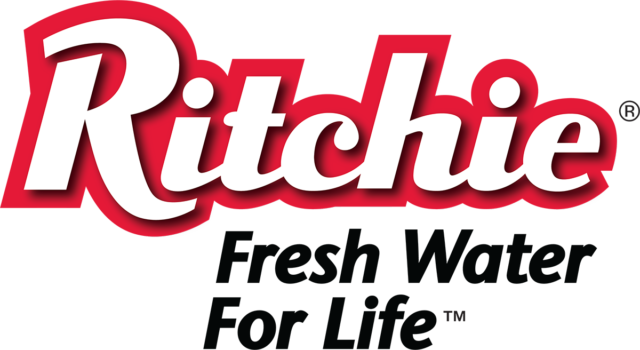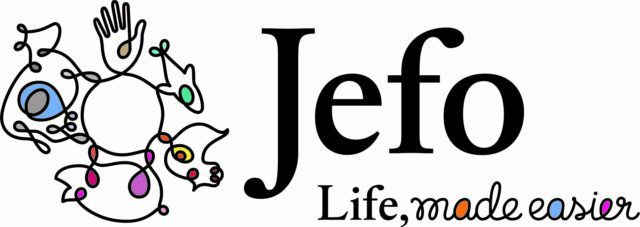The USDA recently awarded Washington State University and five partnering land-grant universities $4.1 million for a five-year project to address issues associated with climate change and animal agriculture. The funding comes from the National Institute of Food and Agriculture (NIFA) via its Agriculture and Food Research Initiative (AFRI) competitive grants program. The project will be facilitated through the Livestock and Poultry Environmental Learning Center (http://www.extension.org/animal_manure_management).
Project objectives are to:
1. Equip extension personnel and stakeholder representatives to assess stakeholder needs relative to climate change mitigation and adaptation and to deliver educational programs that target those needs.
2. Provide on-demand Web access to science-based information, educational resources and decision-support tools to stakeholder groups and the public on climate change related to animal agriculture.
3. Coordinate efforts so information and resources are utilized optimally at the state, regional and national levels.
Other land-grant universities involved in this project are the University of Nebraska, Texas A&M University, University of Georgia, Cornell University and University of Minnesota.
A wide range of beliefs exist about climate change and there are strong and varied reactions to proposals for countering global warming, which creates challenges for those involved in [agricultural] policymaking, product marketing and research.
As often is the case, livestock and poultry producers are in the position of having to prepare to adapt and respond to conditions that might be imposed on them â whether due to the impacts of more extreme weather patterns and other potential climate trends, or to prospective policies that may place attention on the greenhouse gas emissions from their operations.
Extension services serve a key role in facilitating and informing discussions about climate change relative to animal agriculture.
The overall goal of the proposed project is that the extension agency, working with partner organizations, is positioned to effectively inform and influence livestock and poultry producers and consumers of animal products in all regions of the U.S. to move animal production toward practices that are environmentally sound, climatically compatible and economically viable.
A primary desired outcome is that stakeholder decisions result in reduced greenhouse gas emissions without sacrificing Americaâs capacity to produce meat, milk, eggs and other animal products. PD
The project will be managed via five regional teams. Joe Harrison and Liz Whitefield are the contacts for the Western team, which includes: Washington, Oregon, Idaho, California, Nevada, Utah, Montana and Wyoming. If you are interested in being a partner of the working group in the Western region, please contact Liz Whitefield at e.whitefield@wsu.edu




